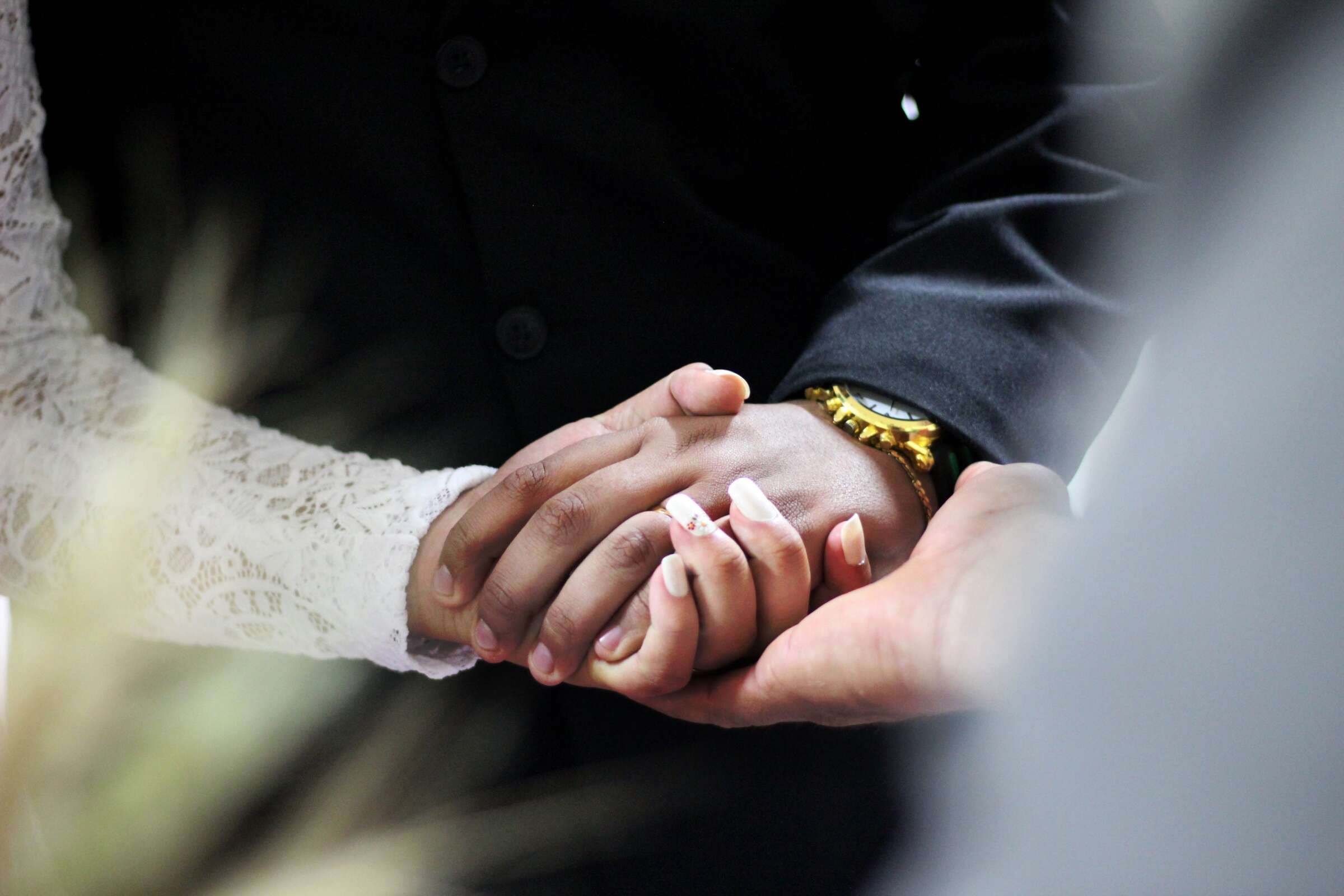Can I be married in church?
A church wedding adds a spiritual dimension to a marriage.
Getting married is one of the most significant events in a person’s life. It is a public demonstration of love and commitment; a time for serious vows and great celebration. Many people, even those with no Christian faith, want to marry in a Christian church. Almost everyone is entitled to get married in an Anglican Church, such as the Church of England, whether they go to church or not.
A church wedding adds a spiritual dimension to a marriage. The ceremony asks God to support and guide the couple – to give his blessing.
Which church?
Everyone in the UK lives in a ‘parish’. The UK is divided into thousands of Anglican parishes, each with at least one Church of England church. There are more than 10,000 parishes and 16,000 churches in England alone.
Couples often get married in their local parish church. But they might want to have their wedding at a different church because it has special significance for them or their family. Couples need to show one of seven connections to the Anglican church in which they want to marry. These include at least one of the couple living in the parish for the past six months; or being confirmed or baptised (christened) in the parish, or regularly attending services at the church for six months.
A wedding service in the Church of England costs several hundred pounds. But there will be additional expenses if there is to be a choir, musicians, special flowers, a reception and any of the other usual elements of wedding day.
Weddings usually take place on Saturdays but can be on other days. The ceremony must be between 8am and 6pm. Churches can get booked up with weddings months in advance so couples should get in touch with their local vicar once they have decided to marry. The church might also offer marriage preparation courses to help them get ready for the ‘big day’.
Continued below...

Divorcees, different denominations and different faiths
Christians believe that marriages are for life. But everyone knows that there are many sad and painful circumstances in which marriages come to an end. If either or both of the couple are divorced, there might be a way to be married in church. The couple should discuss this with the vicar at their parish church. Even if it is not possible to be married in church, it may be possible to have the wedding blessed in church after a civil marriage ceremony.
Roman Catholics are able to have a Church of England wedding. For legal reasons, it will be taken by a Church of England vicar but a Catholic priest can be involved in the service, for example, by leading prayers or giving a sermon.
Couples who are active members of other denominations such as Baptists or Methodists might want to marry in their own churches. Special circumstances apply in these cases and a registrar might need to be present to carry out the legal part of the service. Couples should seek advice from their church leaders.
Couples with different faiths can still be married in church. They might wish to reflect the different faith backgrounds in the service – but a Church of England wedding will be a Christian ceremony.
Legal restrictions on marriage
Couples take on a new legal status when they marry so it is important that the service complies with UK and Church of England law. For example, the bride and groom must be old enough to marry. Couples cannot marry if either is under 18. And it is illegal for someone to get married if they are already married to someone else.
Although laws have been passed to permit same-sex marriage, it is not legally possible for same-sex couples to be married in the Church of England. However, other churches, such as the United Reformed Church, Methodists, Quakers, and some Baptist churches, do marry same-sex couples. Some churches will also offer a blessing to same-sex couples who have married in a civil ceremony.
In the UK, restrictions apply to couples from outside the European Economic Area. Having a Church of England wedding is still possible, but there is additional paperwork and couples should discuss this with their local vicar.

Speaking God's promises

The Archbishop of Canterbury

